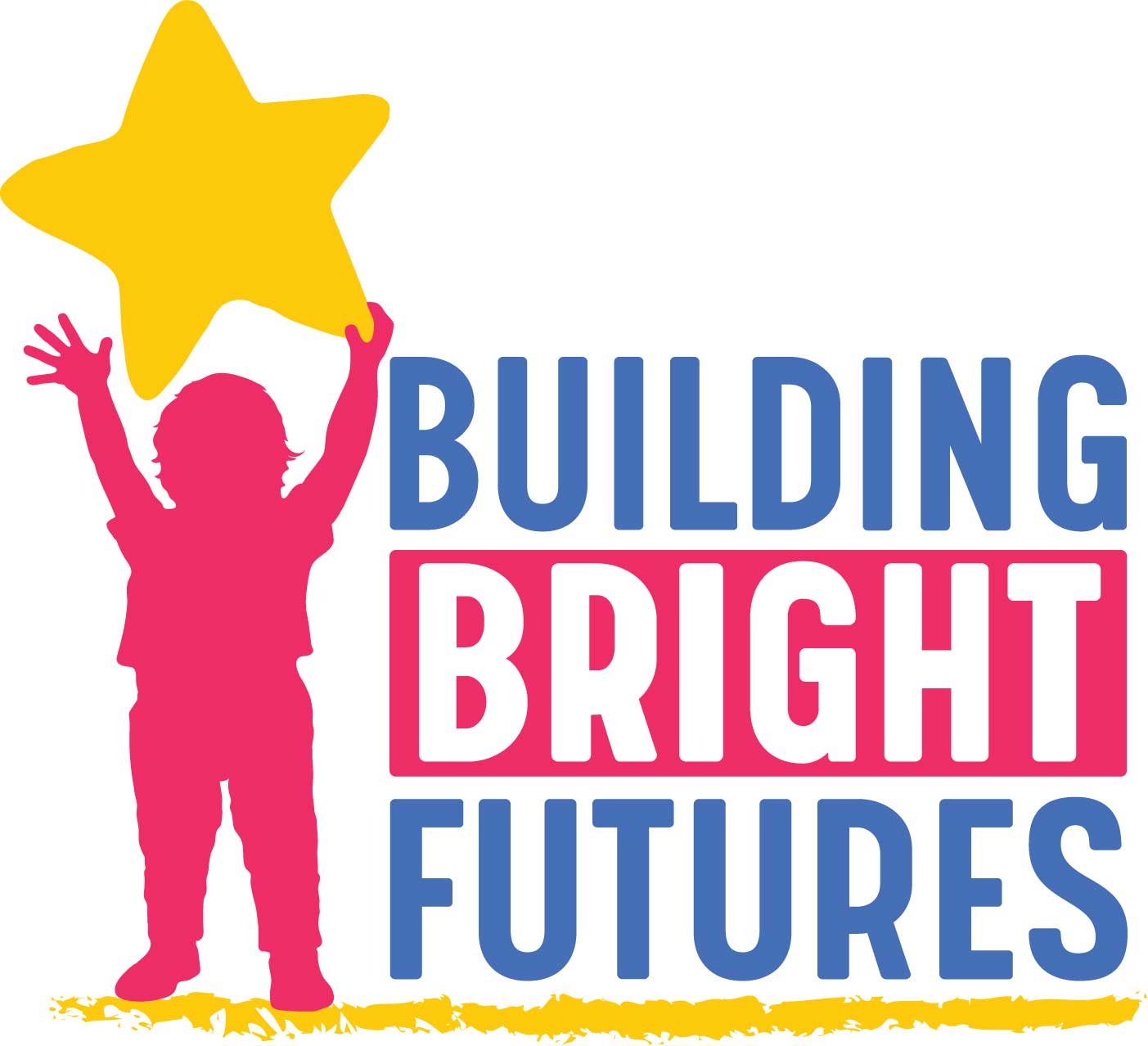Thank you to Steven D. Cohen and Cailin O’Connor of the Center for the Study of Social Policy for making this guest blog available to Building Bright Futures.
Over the past decade, increasing numbers of early childhood leaders across the country have been working to build systems with two distinct features. First, they take as their mission the well-being of all of thePreview (opens in a new tab) young children in the community, not just those enrolled in a specific program or service. Second, they bring together what have historically been very distinct sectors—notably, health care, early care and education, and family support—to develop and pursue common goals. Many of these systems are now well-established and well-regarded, while others have struggled to get sufficient funding and support. Early childhood leaders have sought tools that would help them measure the effects of these systems, improve their functioning, and tell the story of how they contribute to child well-being.
CSSP has now released a set of tools to help communities meet this need. Measuring the Performance of Early Childhood Systems is the product of a three-year collaboration between CSSP and seven cities and counties that are part of EC-LINC, the Early Childhood Learning and Innovation Network for Communities. The participants in this effort wanted to understand not only how well young children and their families are doing in their community, but also what difference the early childhood system is making. That is, what can a well-functioning early childhood system achieve, over and above the benefits provided by good individual programs and services?
We identified four key system contributions that became the foundation for the toolkit:

The project team went on to create specific measures that communities can use to track their performance in each of these areas. For example, under the “Commitment” heading there are three measures: one about how well the system is helping to build public understanding about the needs of young children and their families; a second about leadership engagement in supporting early childhood, across multiple sectors such as business, faith communities, and government; and a third about developing and pursuing a common policy agenda.
The final challenge was the most difficult one: for most of the system performance measures, including the examples just presented, there is no existing data source that communities can use to track how well they are doing. We therefore had to create new measurement tools and a process for using them robust enough to provide useful information, yet simple enough to keep them from being burdensome. Many of the tools take the form of self-assessment protocols, identifying the questions to be asked and the set of stakeholders who should participate. Data collection is followed by a conversation leading to a rating, typically on a four-point scale—and, more importantly, an action plan identifying what the early childhood system will do next to make further progress. In this fashion, the toolkit is meant to support local quality improvement efforts.
CSSP has also developed a brief paper that provides an overview of this effort and contains observations and recommendations for interested communities, funders, and policymakers, available here.
Finally, we welcome feedback about this effort, especially from communities that use any of the tools, by filling out a form here.
Steve Cohen is a Senior Fellow at CSSP.
Cailin O’Connor is a Senior Associate at CSSP.



